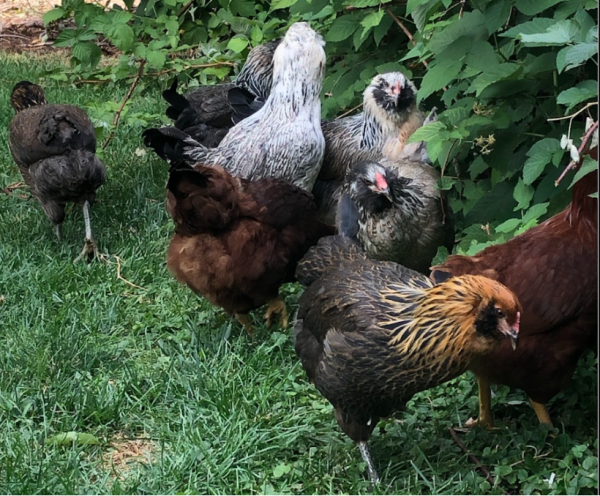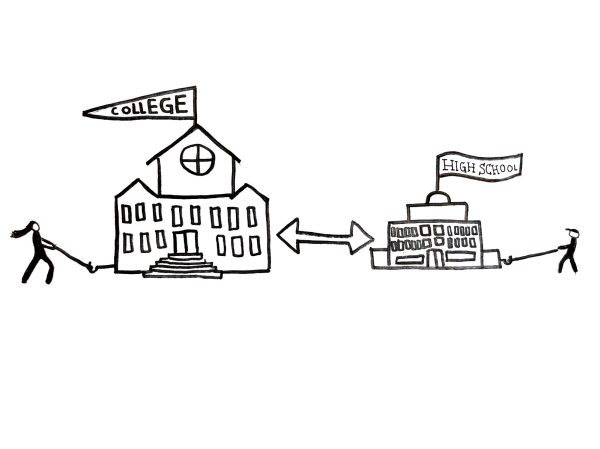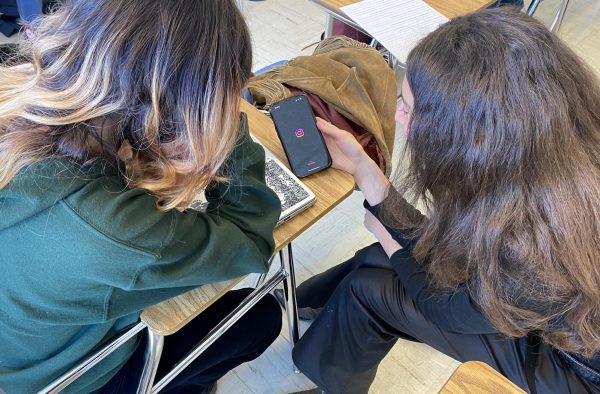Deception: The New Norm for College Applicants
Emphasis on the “holistic approach” in college admissions has led many high school students to participate in resume padding.
Fall is here, and with that, the beginning of college application deadlines. Seniors across the nation work around the clock to finalize essays, maintain a high GPA and perfect their resumes with extracurriculars in order to present college admissions with enough information to make a holistic decision. But this “holistic approach” that college admissions pride themselves on—taking a comprehensive look at a student rather than just focusing on grades or test scores—still might not give an accurate depiction of the applicant and has consequently led to a dishonorable practice among high school students: resume padding.
Colleges stress the importance of individuality through applications, but more often than not, an applicant’s individuality is determined by a means of checking off boxes. In a New York Times article, Ruth Starkman, a former application reader at the University of California, Berkeley noted how she “couldn’t help but ask questions that were not part of [his] reader job.” He questioned whether or not “stressors [adversities an applicant faces] might even be credible,” but was told in response to “not second-guess the essays.” While the idea of the holistic approach seems great, Starkman’s experience shows that it is very hard to put this concept into practice. The limited amount of time that can be allotted to each application makes it difficult to gain an accurate understanding of each applicant.
Not only does the “holistic approach” fall short of providing an accurate depiction of the applicant, but it has caused many prospective applicants to exaggerate their involvement in activities or falsify their interests in hopes of boosting their resumes.
Lindsay Cook, a junior at Boulder High School and a member of Model UN, the Debate Club and Ethics Bowl, said that while she enjoys the clubs she is a part of, her inclination to join them, particularly Model UN, was not solely based on her interests. “They [Model UN] advertise basically saying ‘we look good on college apps,’” said Cook. The fact that Boulder High clubs feel the need to advertise in such a way to gain membership speaks to the pervasiveness of resume padding among the Boulder High community. Unlike Cook’s involvement, what I do find to be truly dishonest and insincere is when students continue to participate in an activity—although at a negligible level—even when they have found no interest in it. Being a dedicated member of the cross country team, too often do I see students sign up for the sole purpose of bolstering their resume. By the end of the season, the turnout of athletes at practices and meets significantly reduces as the “resume padders’” lack of interest proves fatal to their commitment.
We are still in high school, and we should not be treating it as only a trajectory towards college. We should be participating in activities that captivate our interest, and most importantly, whether or not colleges can see through the deception, we should not be practicing dishonorable habits that will carry on through life.

Amelia Chapman is a senior this year at Boulder High and a new member of The Owl. She loves creative writing but hasn’t had much exposure to journalism, which is why she is so excited about joining the paper. By being apart of The Owl, Amelia also hopes to further develop her own writing skills and immerse herself more into the Boulder High community. Whenever she has time, Amelia can be found trail running up steep mountains, watching Spanish telenovelas (Las Chicas del Cable is her favorite), or hiking/napping with her dogs (all of which are rescues and two of which somewhat resemble rodents). Amelia also enjoys spending time with her friends and eating good food and frequently combines the...






